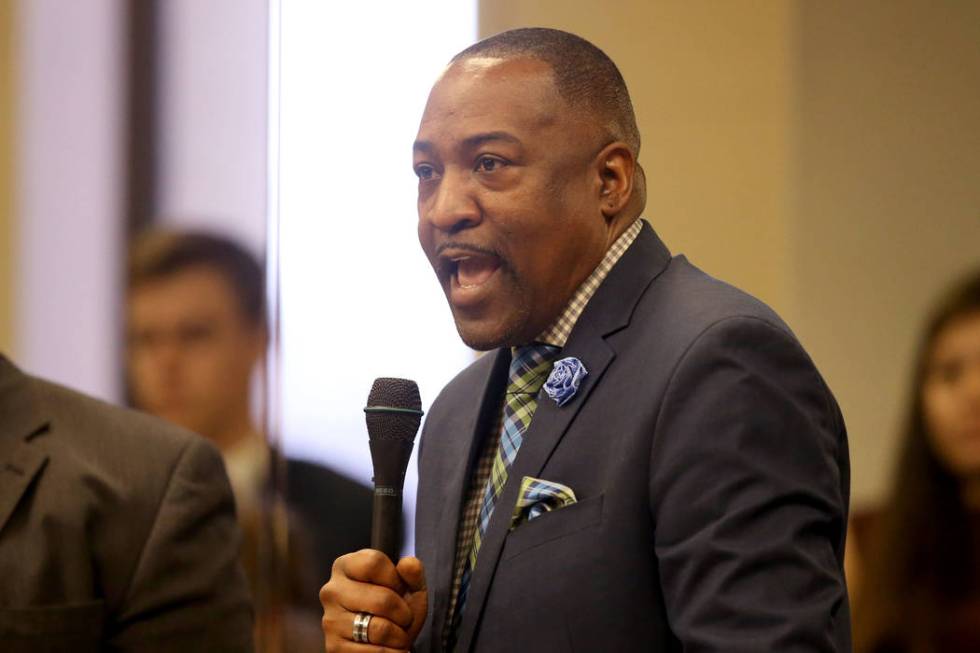Democrat bill would gut Read by Three

Read by Three is about to become Read by Never.
On Monday, a host of Democrats introduced Assembly Bill 289, which would gut the requirement that third graders who aren’t proficient in reading repeat the grade. Assembly Education Chair Tyrone Thompson, D-North Las Vegas, and Senate Education Chair Mo Denis, D-Las Vegas, are sponsoring the measure. Those are powerful supporters.
Nevada’s students aren’t very good readers. In 2017, just 31 percent of fourth-graders were proficient at reading, according to the Nation’s Report Card. In eighth grade, 28 percent were proficient.
Read by Three could change that. Third grade is an inflection point. From kindergarten to third grade, children learn to read. From fourth grade on, children read to learn. If a fourth-grader can’t read at grade level, he or she will struggle every day to learn the other subjects being taught.
Nevada has a Read by Three law in place, but not a single student as been held back. The retention requirement passed in 2015 and doesn’t go into effect until the end of the 2019-20 school year. Thank the cowardice of then-Gov. Brian Sandoval for the delay. Angry parents would have hurt his approval ratings, so he delayed retention until after he left office. Sandoval claimed he didn’t want students held back without interventions in prior grades intended to improve their reading skills.
But, as I predicted four years ago, delaying accountability was the first step toward killing it.
AB289 would allow schools to hold back nonproficient students only if their parents give written consent. If the parent does nothing, the child keeps advancing. That’s the status quo, not accountability.
Currently, school districts must have a plan for students in kindergarten through third grade to reach reading proficiency. This bill instead mandates districts establish blueprint to help all elementary students develop “reading comprehension skills necessary to perform at a level considered by the school district … to be within the average range for a pupil enrolled in the same grade.”
Problem: The average student in Nevada isn’t proficient in reading.
In December, Denis said he agrees with the concept that children need to read by the end of the third grade. He doesn’t want to hold them back, however, unless “we’ve done everything that we could possibly do” to help them.
On the surface, this makes sense. Retention is a consequence, and people shouldn’t be punished for the failings of others.
But look beyond the immediate and this line of argument falls apart. Regardless of who’s fault, if a third-grader can’t read, it is the child who suffers if he’s not given a chance to catch up. Retaining nonproficient readers is often in their best interest. It gives them time to master a vital skill they’ll need to become self-sustaining and productive, no matter how many adults it inconveniences. A study by the Annie E. Casey Foundation found that students who aren’t proficient in reading by the end of third grade are four times more likely to drop out of high school.
Read by Three is tough love. But that’s exactly what Nevada’s struggling students desperately need.
Contact Victor Joecks at vjoecks@reviewjournal.com or 702-383-4698. Follow @victorjoecks on Twitter.